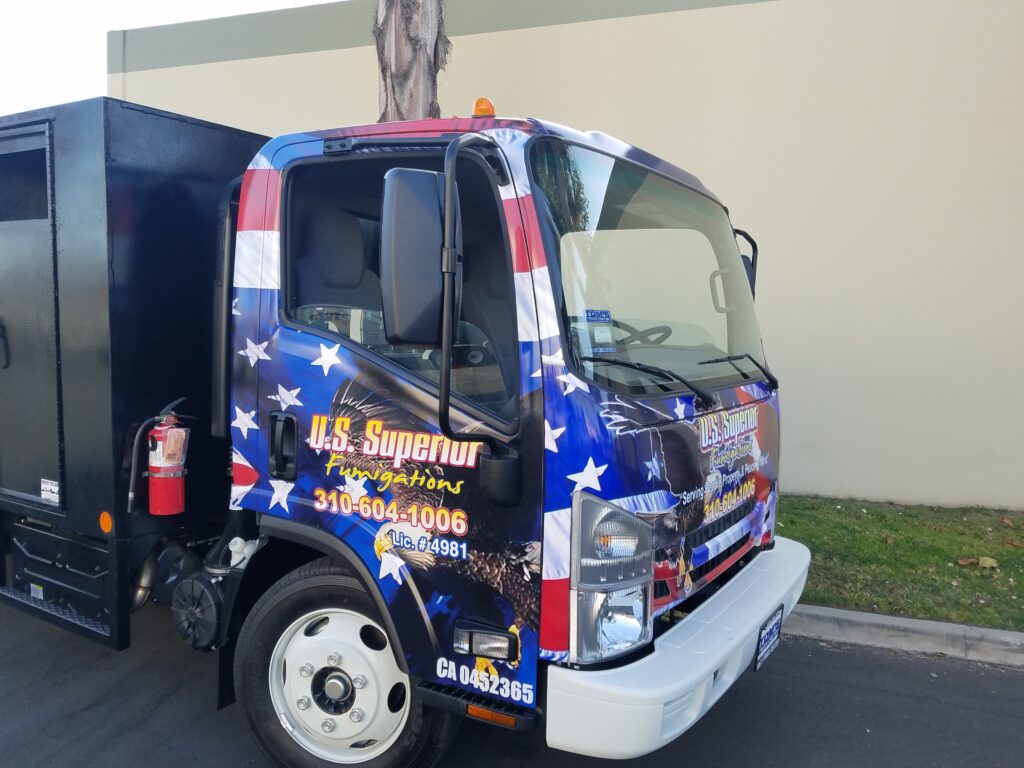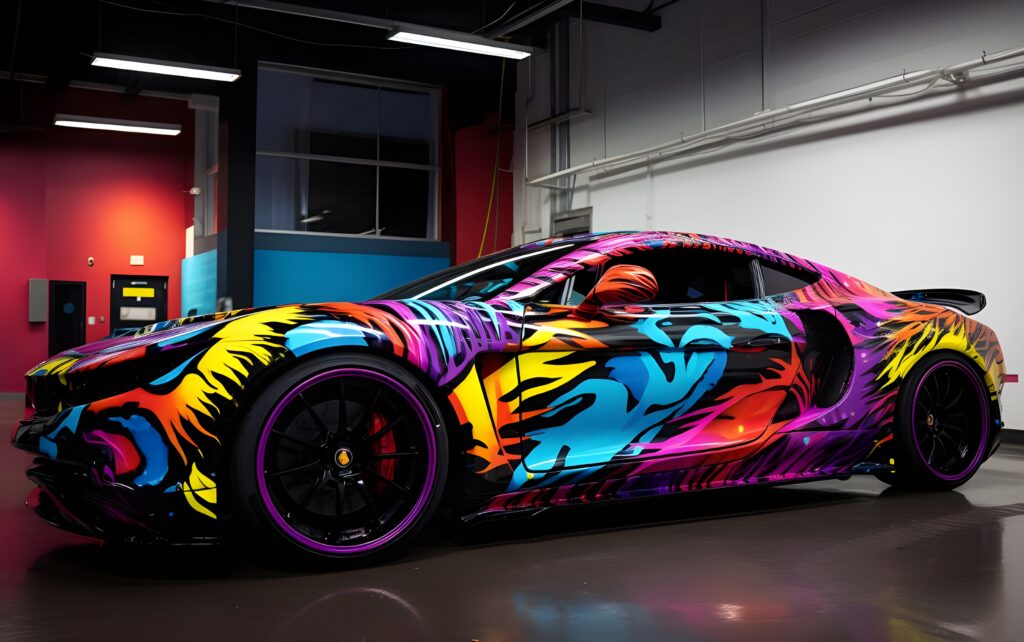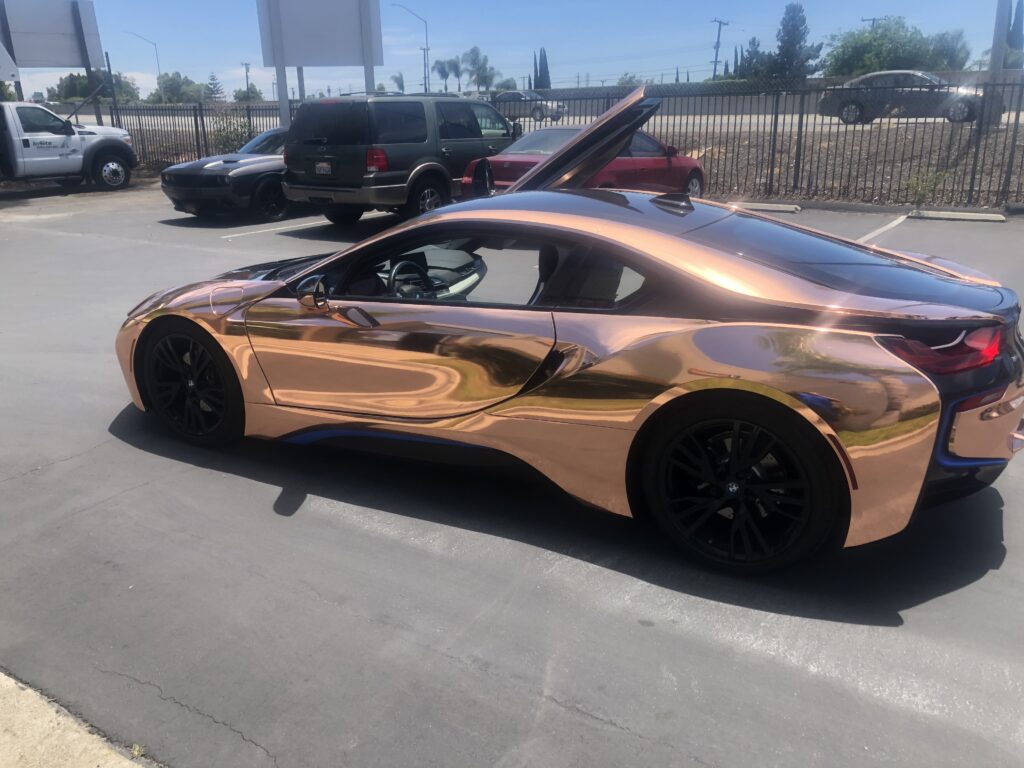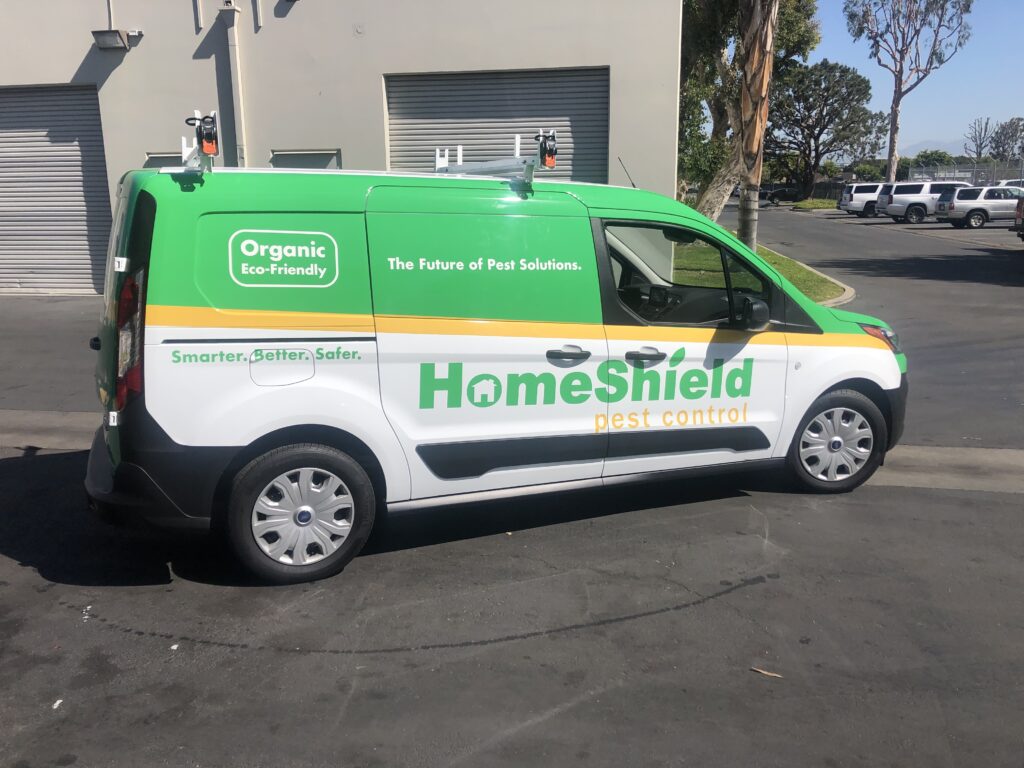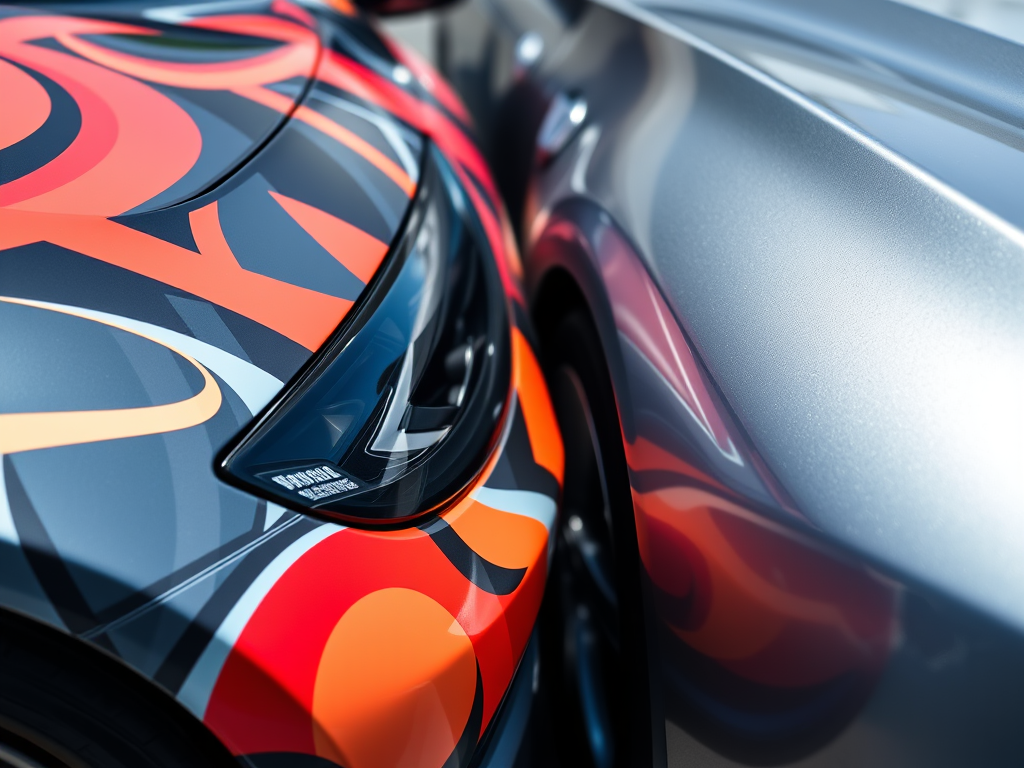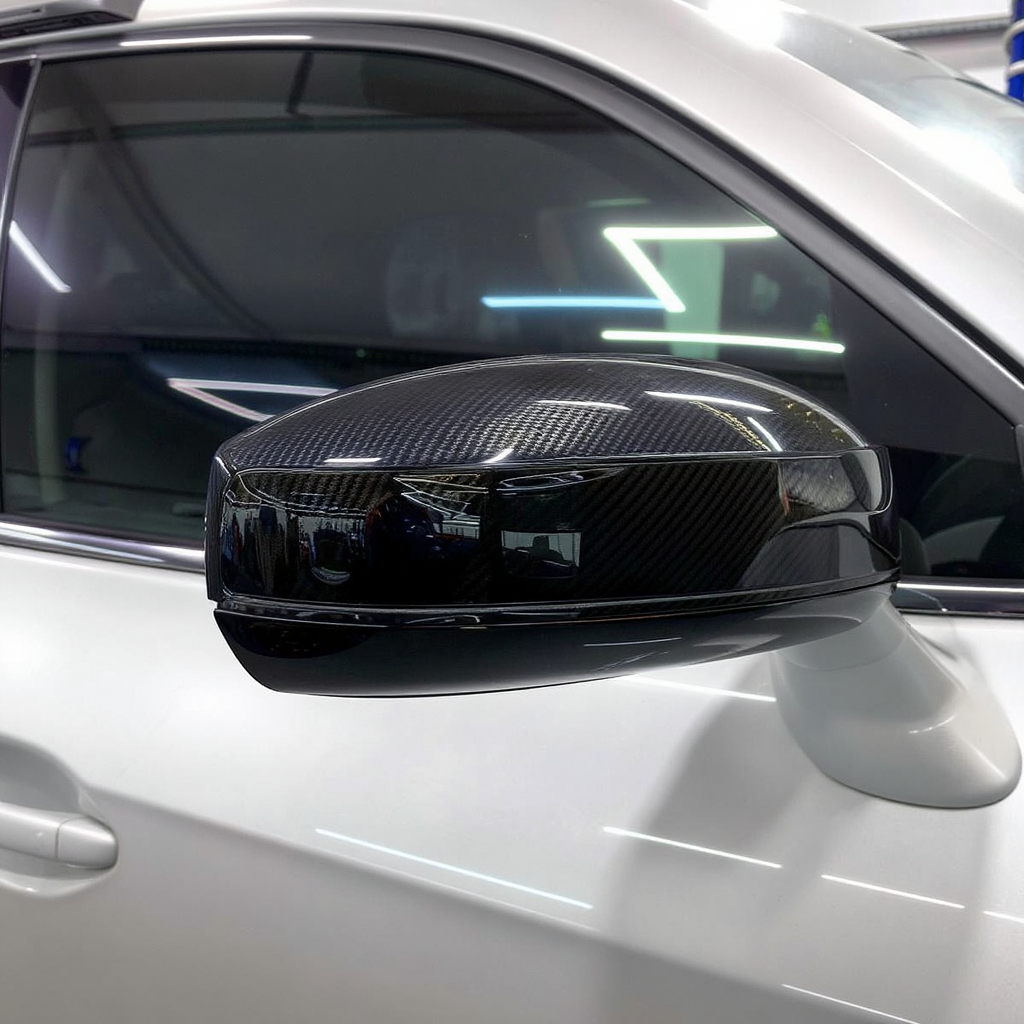By Pro Image Signs | 📞 714.662.7974
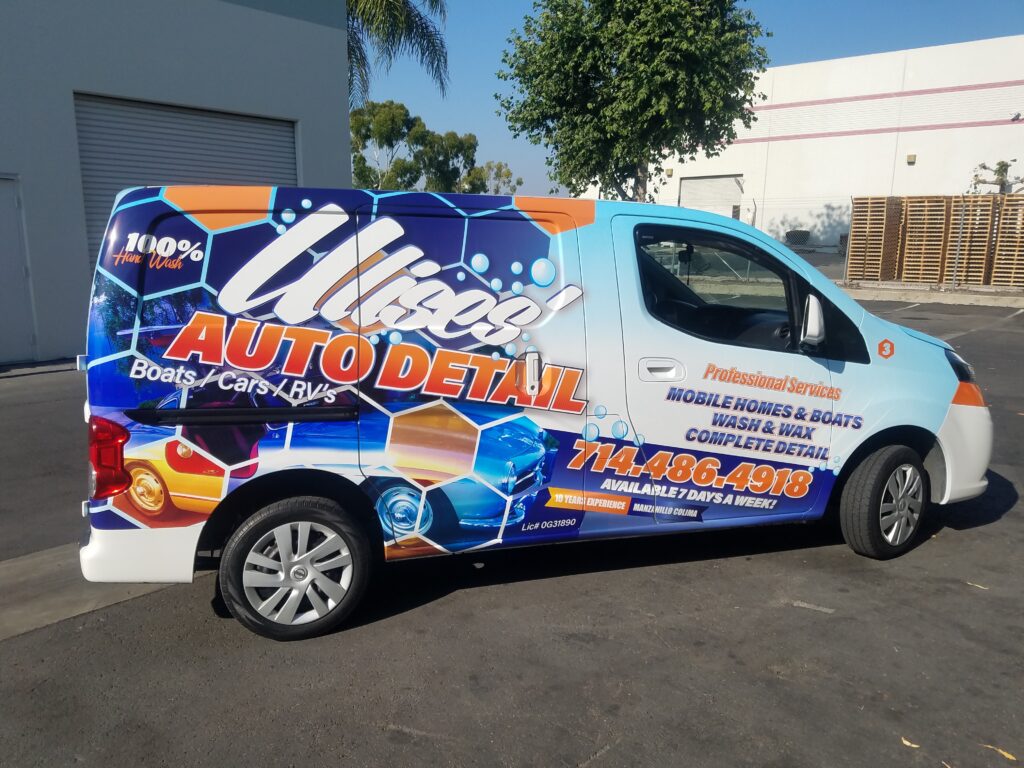
In a competitive market like Orange County, businesses can’t afford to blend in. With thousands of brands competing for attention every day, strong visual branding is no longer optional — it’s one of the most profitable investments a business can make.
Branding isn’t just about looking good. It’s about being remembered, building trust, and driving consistent revenue over time.
🎯 Branding Is an Asset — Not an Expense
Unlike digital ads that disappear when the budget runs out, professional signs, vehicle wraps, and branded storefronts work 24/7. Once installed, they continue generating visibility and leads without ongoing costs.
Orange County businesses that invest in high-quality branding benefit from:
- Increased brand recognition
- Higher perceived value
- Stronger customer trust
- Better conversion rates
Customers are far more likely to choose a business that looks established, professional, and credible — even if the price is slightly higher.
🚗 Vehicle Wraps: One of the Highest ROI Marketing Tools
A single wrapped vehicle can generate tens of thousands of impressions per day while driving through Orange County streets, freeways, and neighborhoods.
Unlike online ads:
- There’s no monthly spend
- No algorithm changes
- No competition bidding against you
A professionally designed vehicle wrap turns daily driving into mobile advertising that consistently reinforces your brand.
🏬 Storefront Branding Converts Walk-Ins Into Sales
First impressions happen fast. A clean, professional storefront with clear signage instantly communicates trust and legitimacy. Poor or outdated signage does the opposite.
Well-designed signage helps:
- Increase walk-in traffic
- Improve brand recall
- Set expectations before customers enter
📞 Invest in Branding That Pays You Back
At Pro Image Signs, we help Orange County businesses create branding solutions that look great and deliver measurable ROI.
📞 Call 714.662.7974 to start building a brand that works as hard as you do 💼✨
💰 Why Physical Branding Still Outperforms Digital Ads in Orange County
By Pro Image Signs | 📞 714.662.7974
Digital marketing plays an important role — but relying on it alone is risky. Rising ad costs, declining reach, and constant algorithm changes make online ads unpredictable.
That’s why physical branding remains one of the most reliable and cost-effective marketing strategies for Orange County businesses.
👀 Visibility You Can’t Skip
People scroll past ads. They block ads. They ignore ads.
But they can’t ignore:
- A bold storefront sign
- A wrapped vehicle next to them in traffic
- A branded window display
Physical branding puts your business directly in front of customers — without interruption or competition.
📍 Perfect for Local Orange County Businesses
Local customers trust what they see in their community. When your brand appears consistently across:
- Vehicles
- Storefronts
- Windows
- Banners
It builds familiarity and credibility. Familiar brands feel safer — and safer brands get chosen more often.
📊 Lower Cost, Longer Impact
Paid ads stop producing results the moment you stop paying. Signs and wraps continue working for years.
This makes physical branding ideal for:
- Contractors
- Service businesses
- Retail stores
- Fleet-based companies
🔧 Build Long-Term Brand Equity
Strong branding doesn’t just bring customers today — it increases the value of your business long-term. Customers remember brands they see repeatedly and associate with professionalism.
📞 Call Pro Image Signs at 714.662.7974 and invest in branding that delivers real results 🚀
🏆 How Consistent Branding Increases Trust and Revenue for OC Businesses
By Pro Image Signs | 📞 714.662.7974
Consistency is one of the most overlooked factors in successful branding. Businesses that use different logos, colors, or messaging across signs and vehicles unintentionally confuse customers — and confusion costs sales.
🔁 Consistency Builds Recognition
When customers repeatedly see the same logo, colors, and message, your brand becomes familiar. Familiar brands feel reliable — and reliability drives purchasing decisions.
Consistent branding helps:
- Improve recall
- Increase trust
- Strengthen authority
- Shorten buying decisions
🧠 Trust Leads to Higher ROI
Customers trust businesses that look organized and professional. When your signage, vehicle wraps, and window graphics align, it sends a powerful message: this business is established and dependable.
That trust allows you to:
- Convert leads faster
- Compete on value instead of price
- Retain customers longer
🚀 Branding That Scales With Your Business
As your Orange County business grows, your branding should grow with it. Professional signage and wraps create a strong foundation that supports expansion, additional locations, and fleet growth.
📞 Partner With a Branding Expert
At Pro Image Signs, we help Orange County businesses create cohesive, high-impact branding that drives visibility, trust, and revenue.
📞 Call 714.662.7974 today and turn your brand into a powerful marketing asset 💡✨

